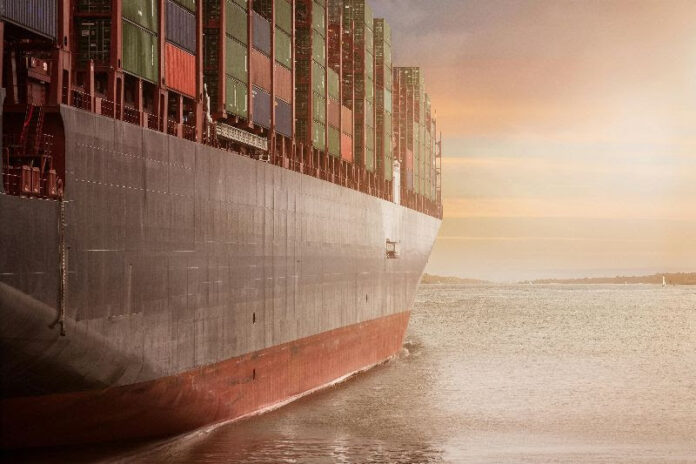As the International Maritime Organization (IMO) begins two weeks of crucial negotiations, the Clean Shipping Coalition is calling on governments to take bold action to reduce the shipping industry’s climate impact.
Discussions will focus on key measures, including a global fuel standard, a greenhouse gas levy, and reforms to the Carbon Intensity Indicator (CII). These talks will take place across three major meetings: ISWG-GHG-19 on 31 March-1 April, which will address emissions reductions and clean fuel regulations; ISWG-APEE 1 on 2-4 April, which will focus on revising the IMO’s efficiency measures; and MEPC 83 on 7-11 April, where legal frameworks will be finalized for adoption in October 2025.
“The coming two weeks at the IMO gives governments a crucial window to slash shipping’s climate heating greenhouse gas emissions,” commented Delaine McCullough, Ocean Conservancy’s Shipping Emissions Policy Manager and President of the Clean Shipping Coalition.
The Clean Shipping Coalition urges governments to adopt strict fuel and energy standards that drive the transition to zero-emission fuels and technologies, encouraging investment in wind power and other green innovations. To ensure polluters are held accountable, it also calls for a greenhouse gas levy of at least US$150 per ton to fund emissions reduction efforts and support developing nations in the energy transition.
Delaine McCullough added, “This means that IMO member states must secure agreements on ambitious energy efficiency measures – the carbon intensity indicator, as well as enforceable fuel standards and a greenhouse gas levy, which together could dramatically reduce shipping’s contribution to heating the planet.”
More than 60 countries already support such a levy. Another critical issue is strengthening the Carbon Intensity Indicator, the IMO’s primary tool for measuring ship efficiency. Currently, reforms to the CII have been delayed, but the upcoming negotiations present an opportunity to raise efficiency targets and extend its impact beyond 2030. A stronger CII would immediately reduce fossil fuel demand, cut wasteful fuel consumption, and promote measures like slower sailing speeds and wind propulsion.
Additionally, environmental concerns beyond emissions will be addressed. MEPC 83 is expected to consider a proposal for a Northeast Atlantic Emission Control Area to take effect in 2027. The Clean Arctic Alliance and other organizations are also urging member states to support restrictions on scrubber waste discharge, particularly in marine-protected areas, endangered habitats, and ecologically sensitive regions like the Arctic.
With climate urgency at an all-time high, the Clean Shipping Coalition stresses that these measures are crucial to aligning the shipping industry with global emissions reduction goals.







